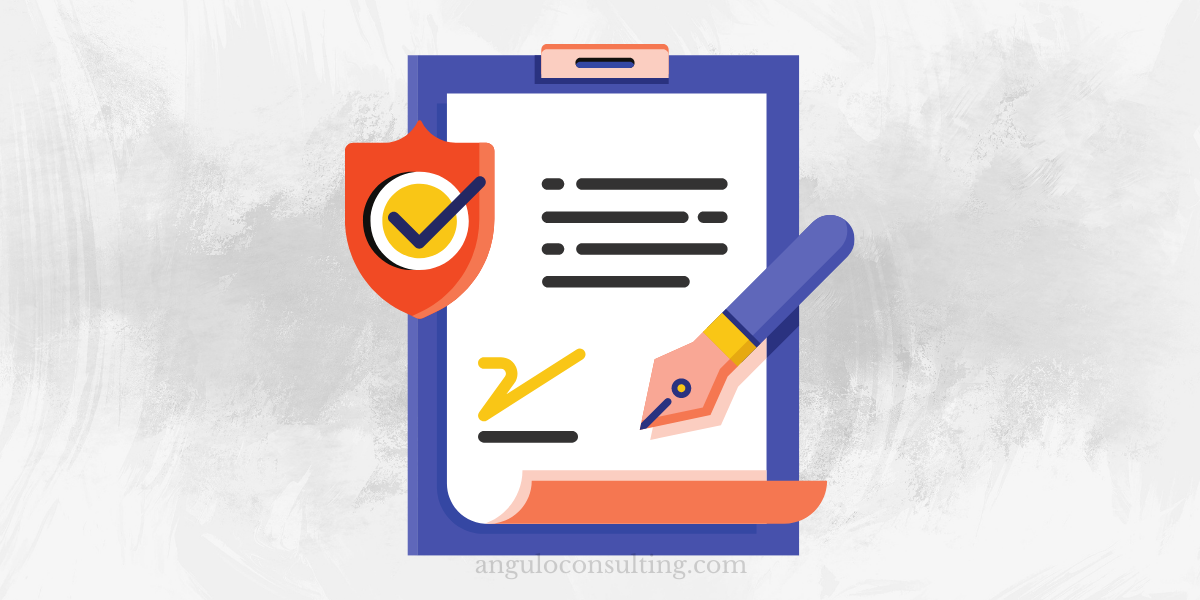
You are not likely to violate any law by signing a contract with an unlicensed contractor, but you will be taking a huge risk. Sometimes, poor workmanship can result in significant financial loss. Many states spend considerable resources to punish and catch unlicensed contractors. Continue reading to learn more.
Unlicensed and licensed contractors can be referred to counsel by entities that offer legal advice. They could face penalties or even criminal charges for license violations. They also point out that the DBPR, CILB, and CIB consider surety bonds and licensing insurance an important part of the construction industry in general.
LICENSING
Contractor’s licenses fall under the control of the DBPR/CILB to ensure that every individual who is awarded a certificate meets the requirements. This includes financial responsibility, field experience, and insurance coverage based upon the type of license.
This aside, licensed pros may be held accountable if they fail to complete the work or if complaints are filed against them. Pros should do their best to complete the work on time to avoid losing their permanent license. It is important for professionals to adhere to deadlines.
SURETY BONDS
Each contract for construction states that the project will be completed within the specified time. Contractors can face problems if the deadline isn’t met. A surety bond can be used to save homeowners. A bonded status provides protection for business owners in the event of unforeseeable circumstances. However, it is not necessary if your company is located in Florida. It does not matter if the contractor’s credit score is below 660.
Homeowners can rest assured that the project will go ahead with a surety bond. The surety company will have to find another contractor if the contractor is unable to complete the project. The homeowner may be compensated by the company for any losses.
INSURANCE
Accidents can happen; it’s a fact. Employees may be injured or property damaged. You may be forced to pay the bill regardless of what happens. In the event of an accident, you may be able to avoid paying the bill. The protection of workers and the general public may be guaranteed by your state. If you are applying for a contractor’s license, you must ensure that the workers have property damage, liability, and compensation insurance. Even licensed professionals can get into trouble. If the DBPR conducts a site inspection, the licensed pro could be subject to heavy fines if they do not have insurance.
If you’re looking to be a contractor or to hire one to complete your project, it is important to only hire licensed contractors.